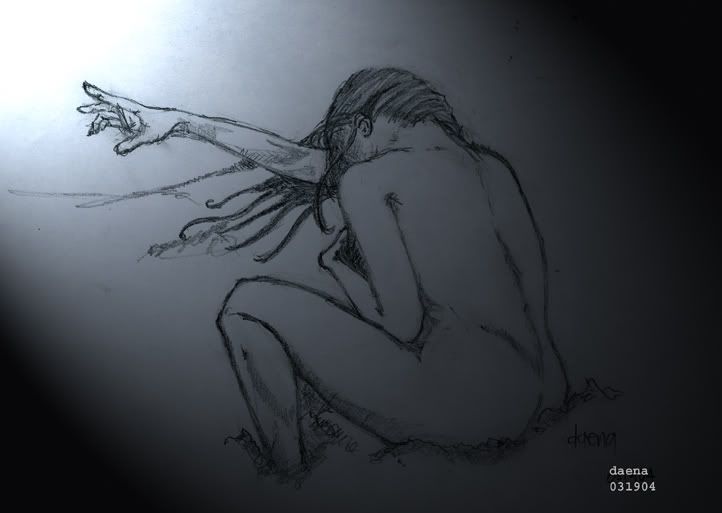When I flew back to Cape Town after attending the Mt Hermon Christian Writers Conference in California last year, I ended up bent double beneath a backpack crammed with books! The darn thing even set off the sensors at LAX and I had to unpack it, ending up with a bunch of novels and inspirational books, and a collossal pile of 'how-to-write' tomes strewn across the counter. The bemused security person stared at the books and then at me, before saying: ‘You expecting a boring ride, lady?’
In South Africa, good books on writing are often hard to find (and even more expensive to import) hence my toting home multiple orders for friends, fresh fodder for the book club, as well as a selection of new books on writing techniques for myself, which included Self Editing for Fiction Writers (Browne and King), Getting into Character (Brandilyn Collins) and The First Five Pages (Noah Lukeman).
But oddly enough, the book that has since become my personal writing bible wasn’t even in that backpack, despite that fact that it was on one editor’s 'Most Recommended' list at Mt Hermon! I’d looked at it in the bookshop, scanned the first few hard-to-read pages, checked out the price, performed the dollars to rands conversion, let out a silent screech—and returned it to the shelf.
But as the months went by and my critique partners started raving about it, quoting from it, and writing better as a result of reading it, I realized I had to get hold of the thing. None of our local bookshops carried it, so I turned to the library and after an eternity of a wait, I received the one and only copy in the whole provincial library system.
I devoured it. Breathed it, ate it, slept it and dreamt it until I reached the end, then started all over again. I was completely and utterly hooked. I learned about …
… The love of story—the belief that your vision can be expressed only through story, that characters can be more real than people, that the fictional world can be more profound than the concrete.
… The love of truth—the belief that lies cripple the artist, that every truth in life must be questioned, down to one’s own secret motive
... The love of humanity—a willingness to empathize with suffering souls, to crawl inside their skins and see the world through their eyes.
… The love of dreaming—the pleasure in taking leisurely rides on your imagination just to see where it leads.
… The love of language—the delight in sound and sense, syntax and semantics.
… The love of duality—a feel for life’s hidden contradictions, a healthy suspicion that things are not what they seem.
… The love of perfection—the passion to write and rewrite in pursuit of the perfect moment.
… And finally, the love of self—a strength that doesn’t need to be constantly reassured, than never doubts that you are indeed a writer …
But that was just the start. This author took me deep into the world of storytelling. He taught me about the elements of story—the structure spectrum and its relationship to setting, genre, character and meaning. About story design—from the inciting incident to resolution. About the principles of antagonism, exposition, characters, problems and solutions.
By now, however, the library was petulantly wanting to know when they could get their copy back—didn’t I think four months was a little long to keep a book? With extreme reluctance I returned it. And then (bless his heart!) my brother in the UK sourced a paperback edition and mailed it to me as a belated birthday present!
Happy, happy, happy birthday to me!
So this, now, is the book on writing I will recommend first and foremost to anyone who wants to dive in deep and really get to grips with the craft of storytelling.
STORY – Substance, Structure, Style and the Principles of Screenwriting by Robert McKee.
This book arose, btw, from McKee's highly respected Story Seminars - and his graduate list includes such luminaries as the writers of the movies LOTR, A Beautiful Mind, Shrek, Phantom of the Opera, Law & Order, CSI plus a whole ream of Emmy, Academy, DGA and WGA award winners. Don't be put off by the 'screenwriting' aspect - the input applies equally well to novelists!
In his introduction, McKee says (see, now even I’m quoting him!) that his book Story is about …
'... principles, not rules; about eternal, universal forms, not formulas; about archetypes, not stereotypes; about thoroughness, not shortcuts, about the realities not the mysteries of writing; about mastering the art, not second-guessing the marketplace; about respect, not disdain, for the audience; and about originality, not duplication.’
It’s a winner!
Elleann.
Unraveling life … one word at a time.
